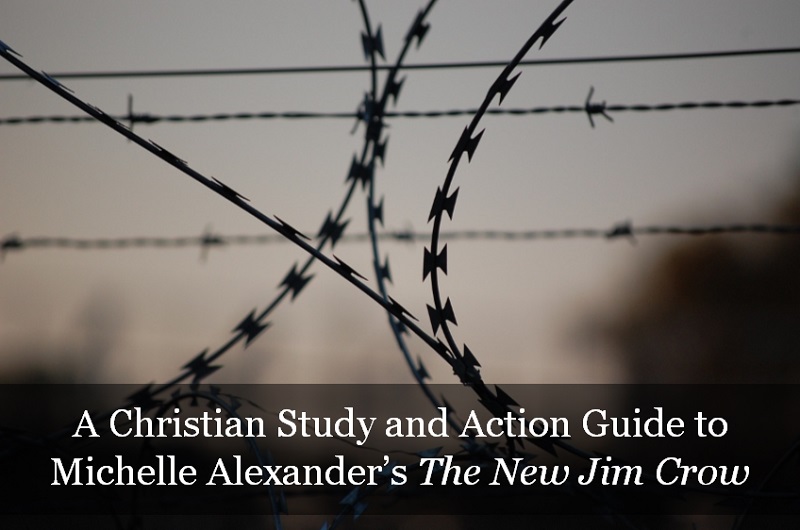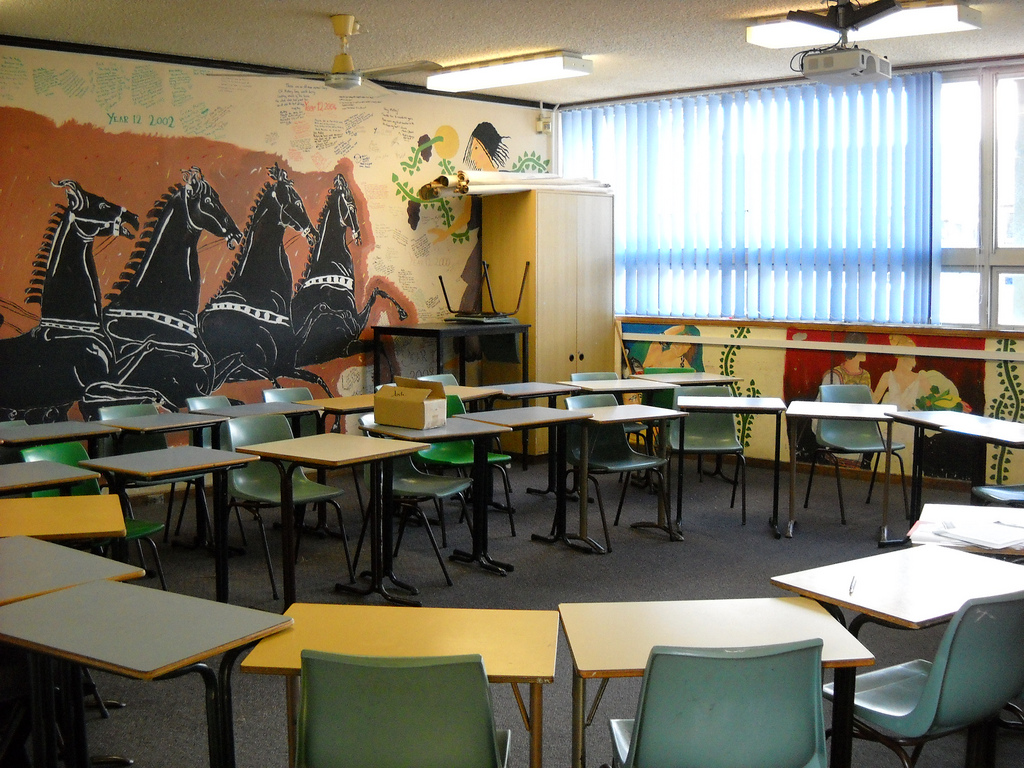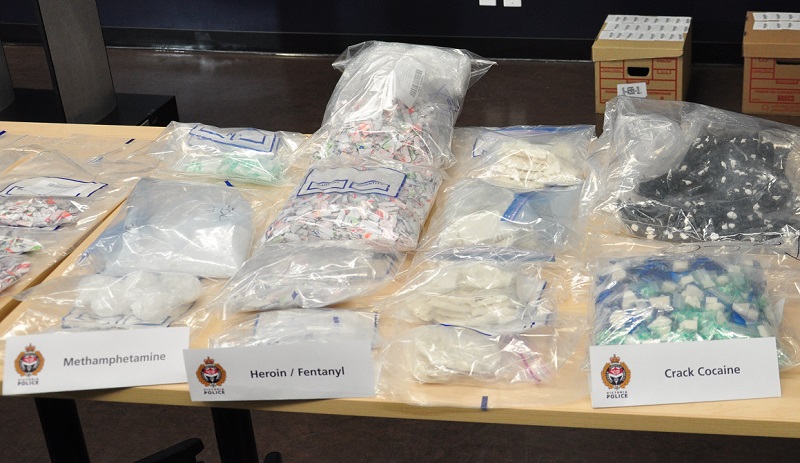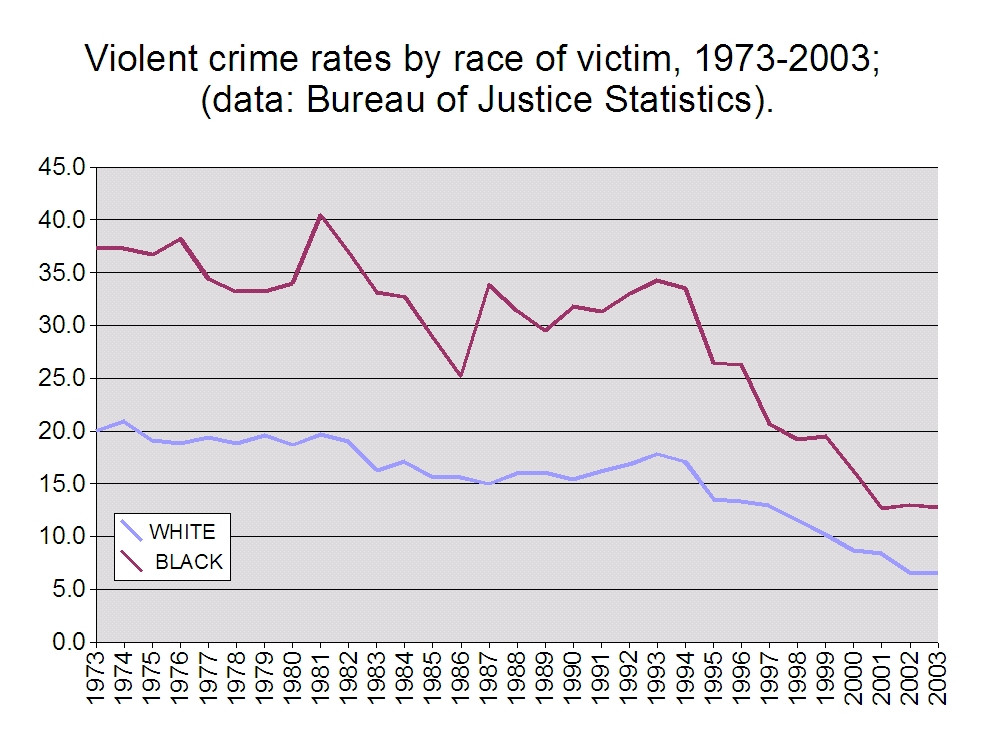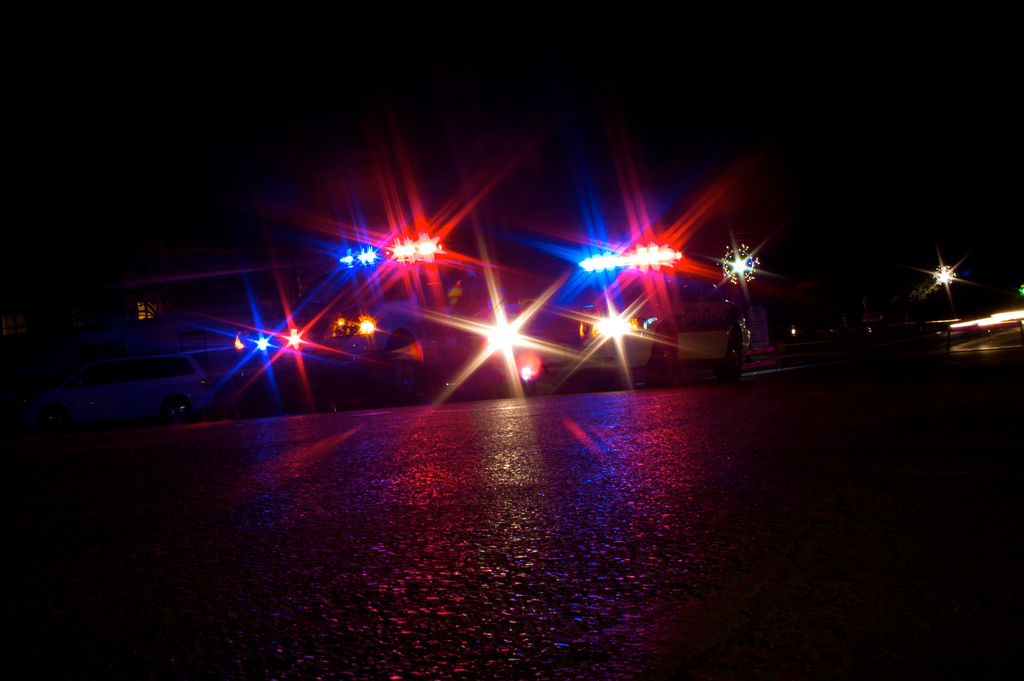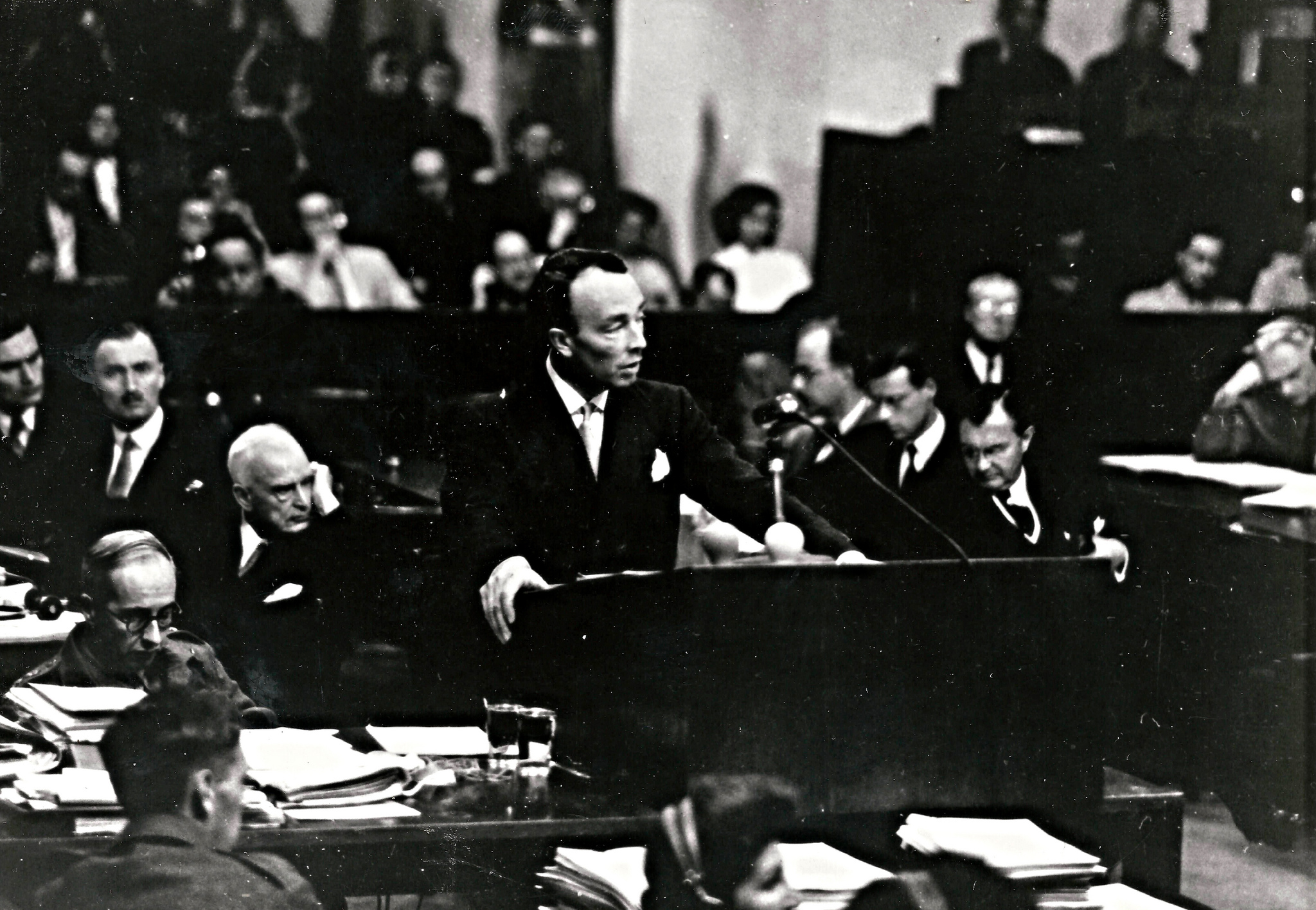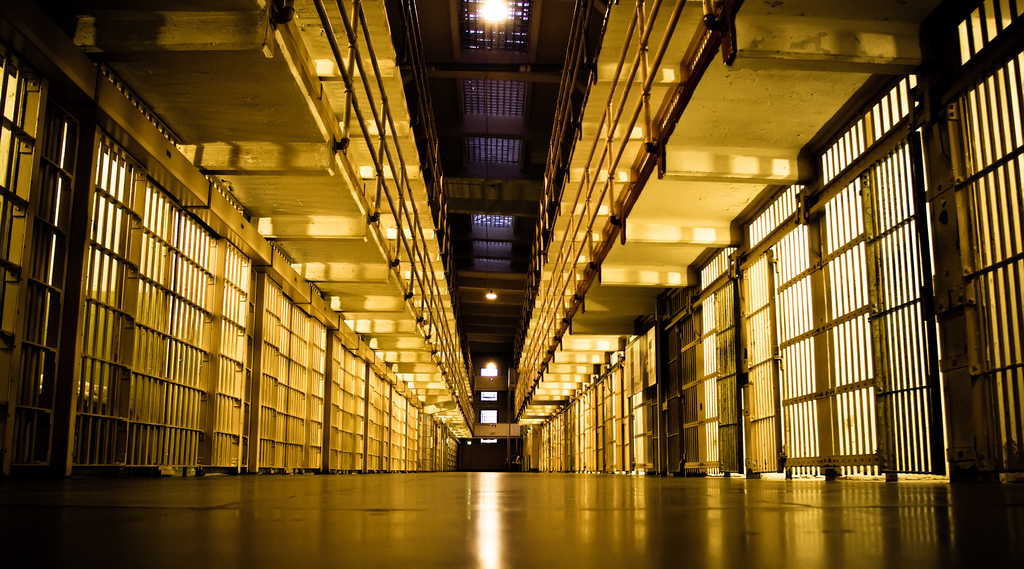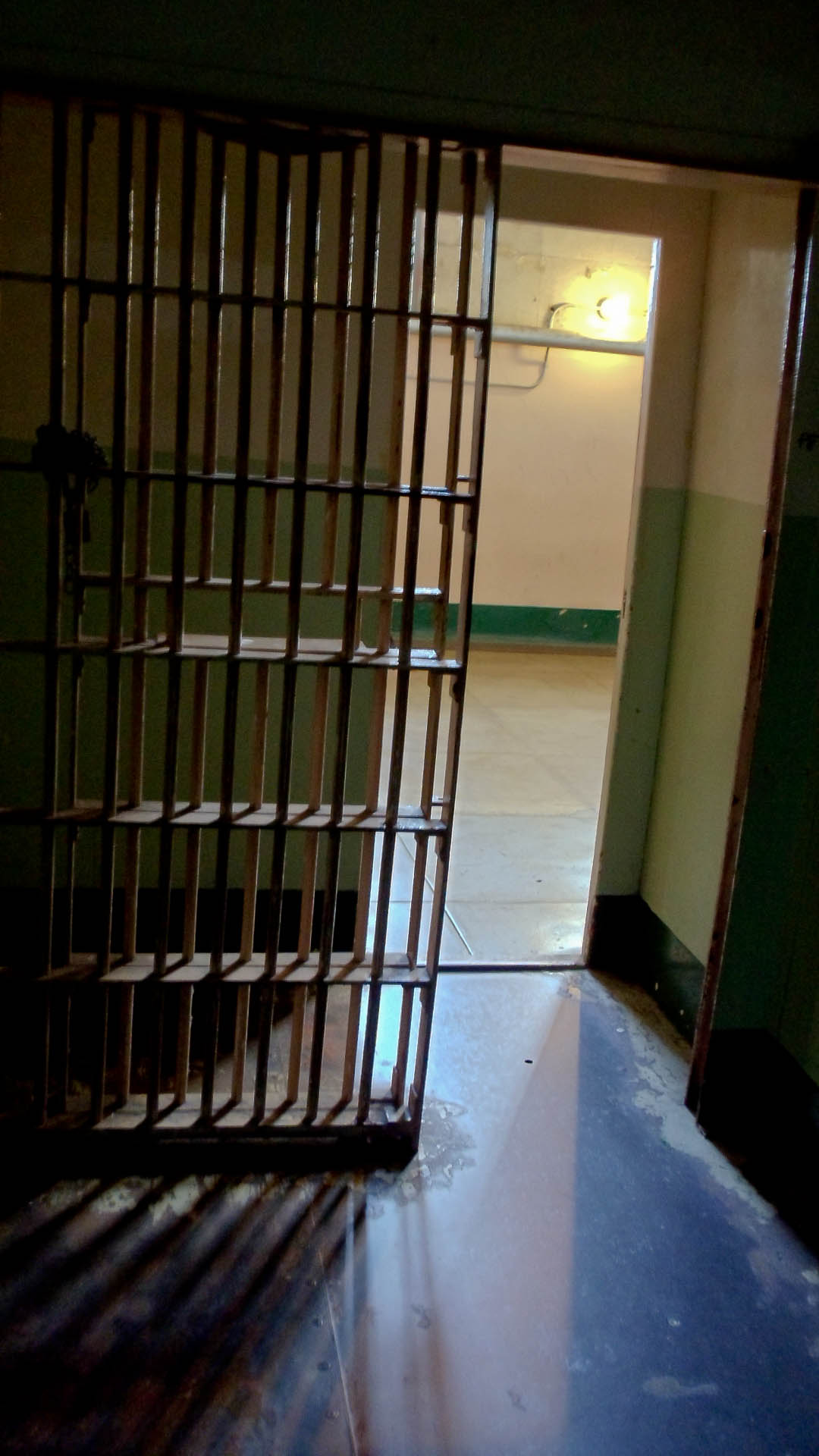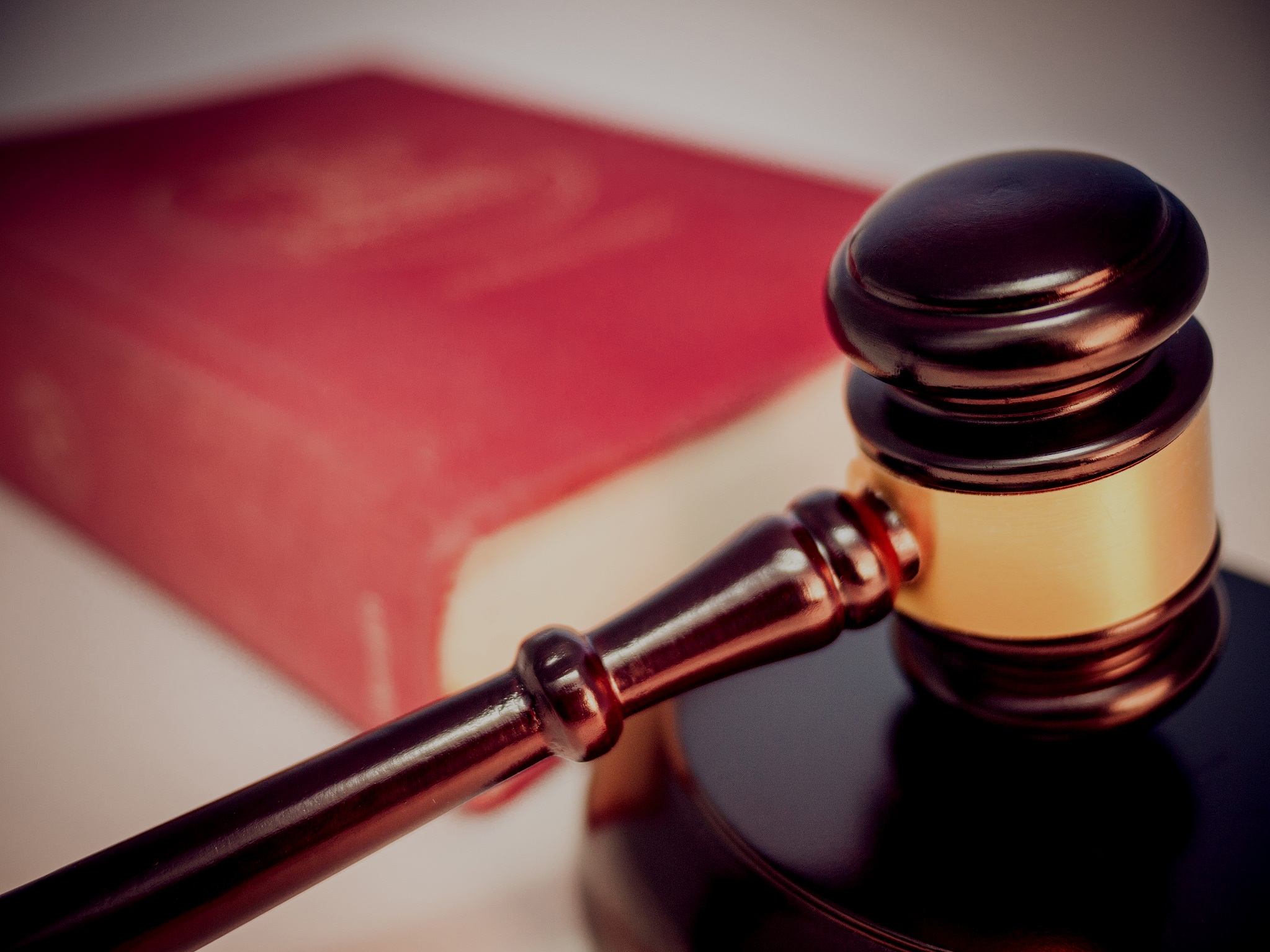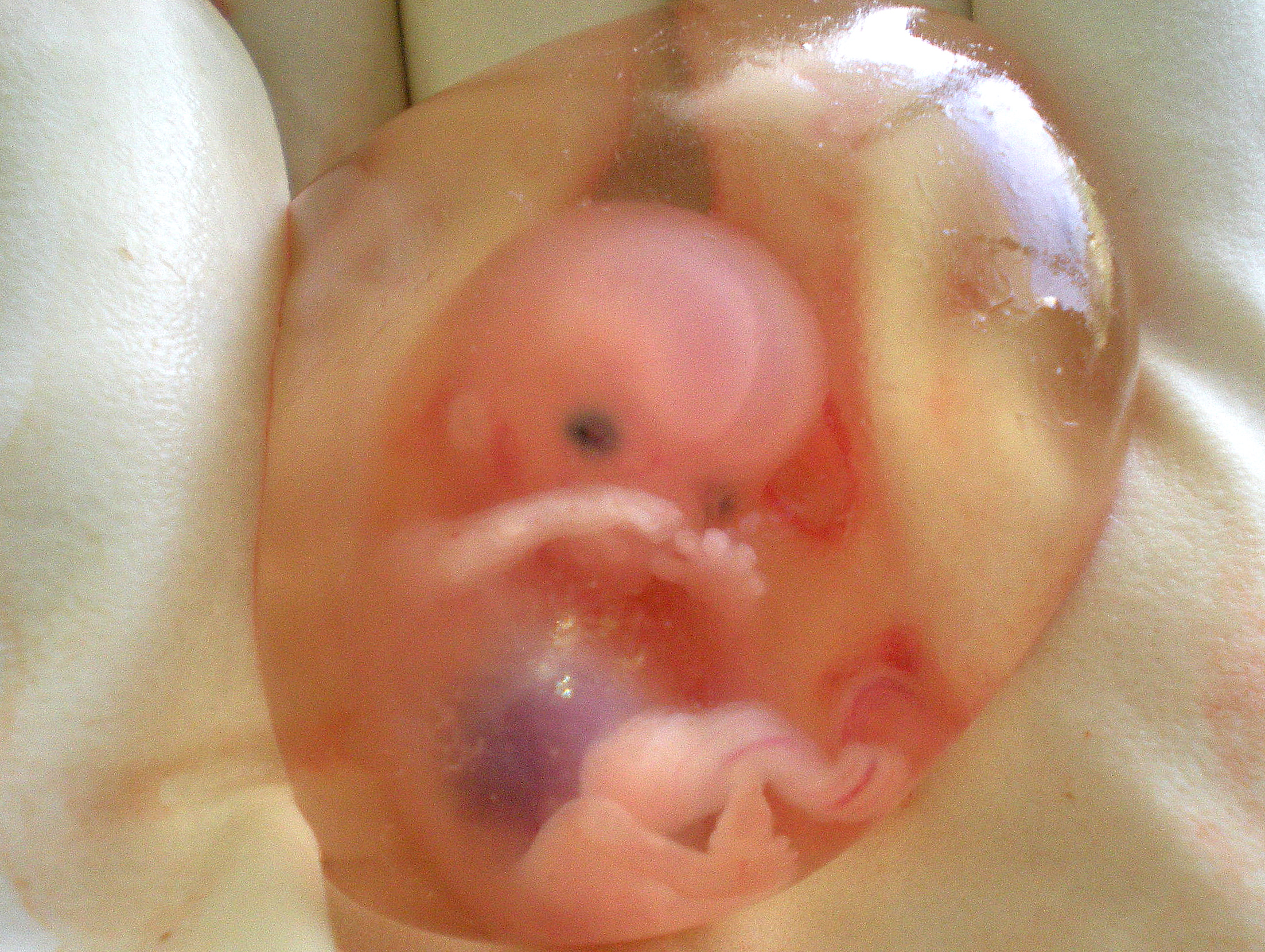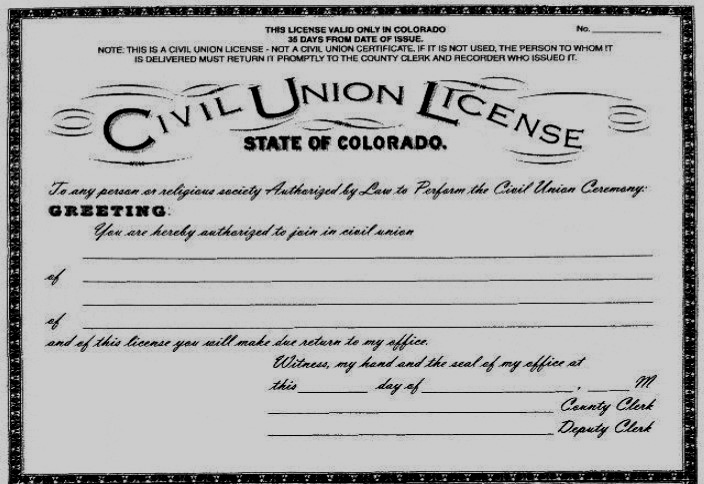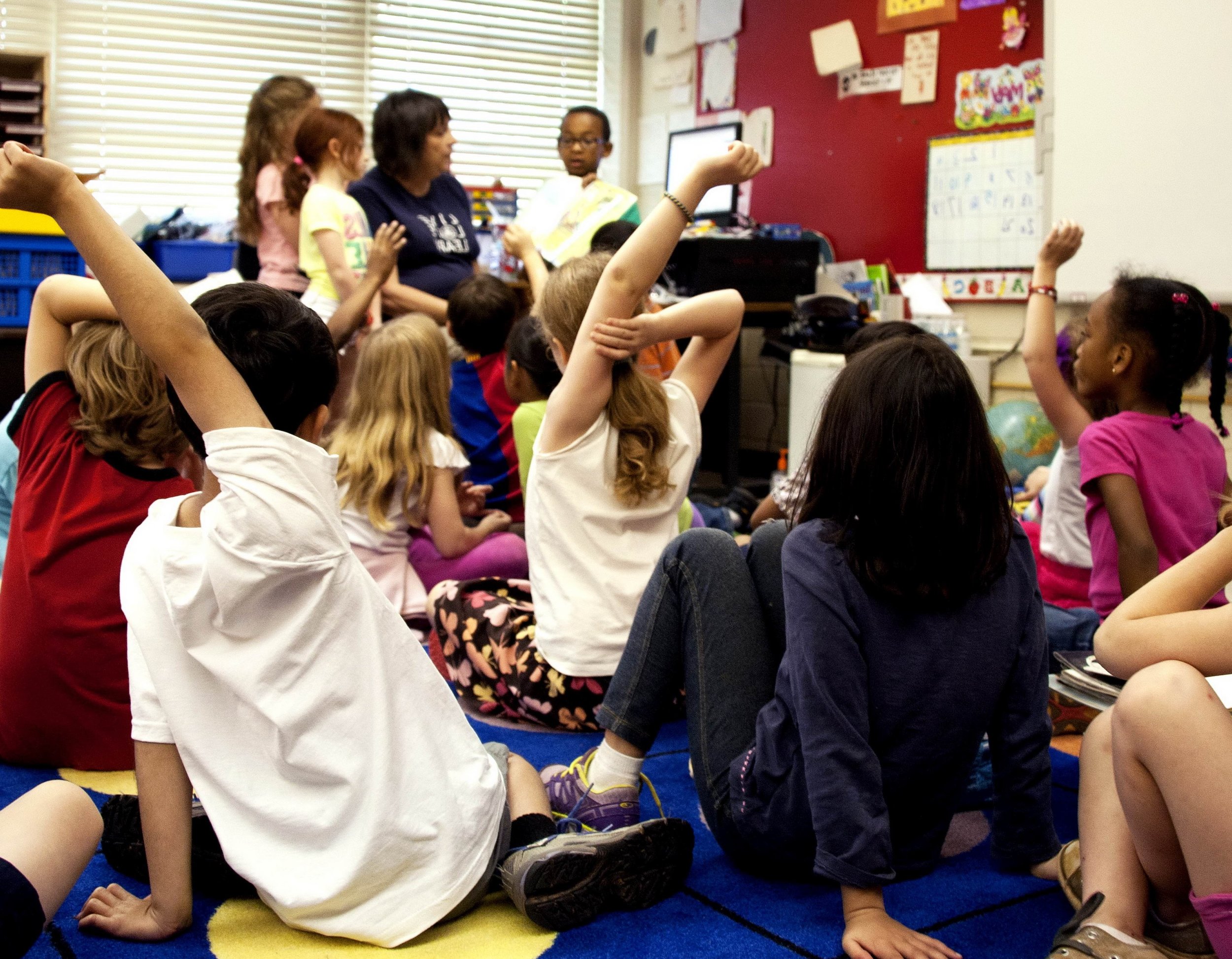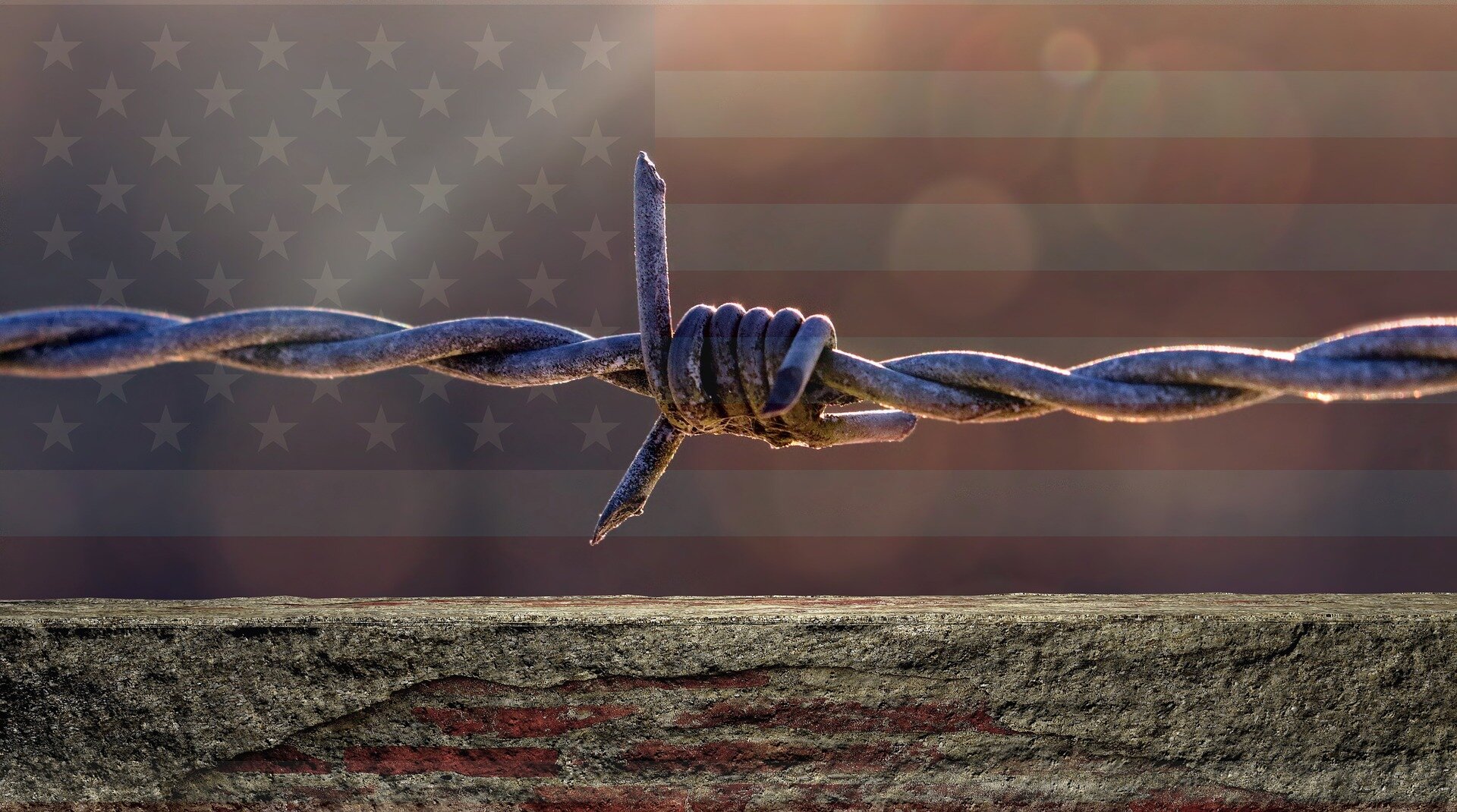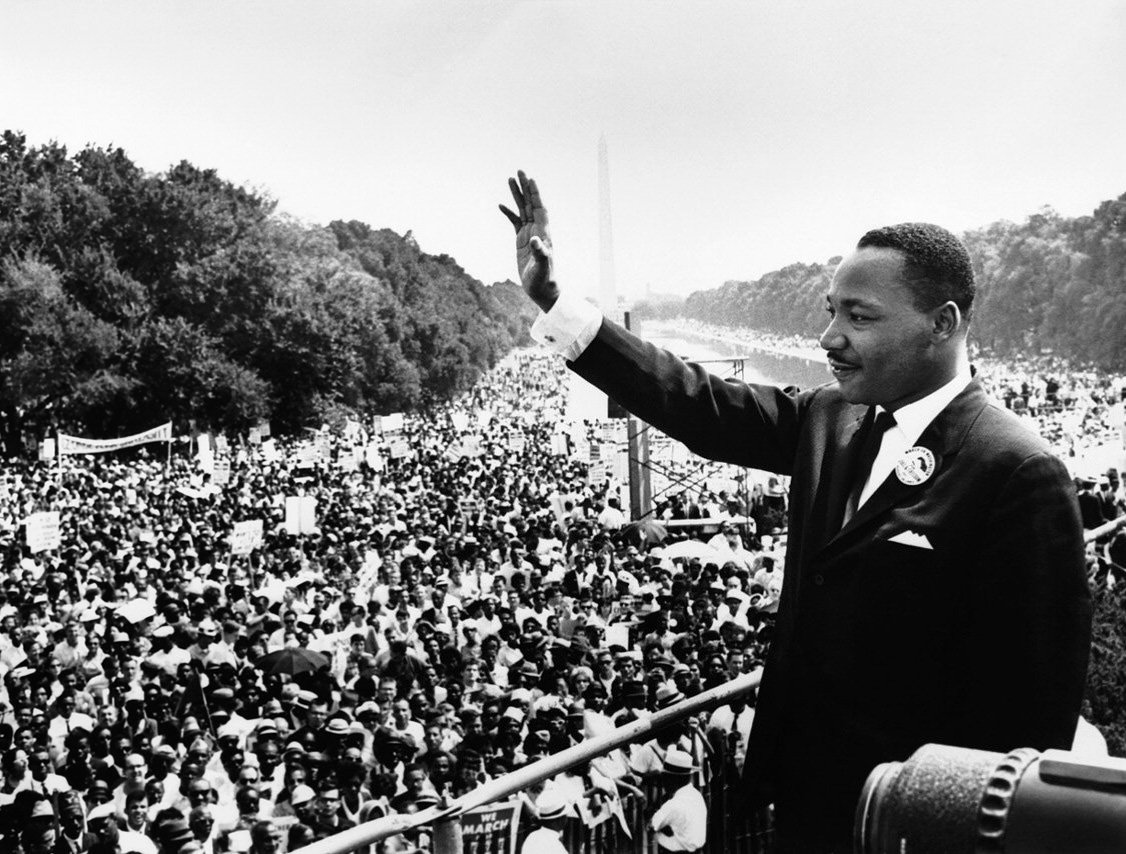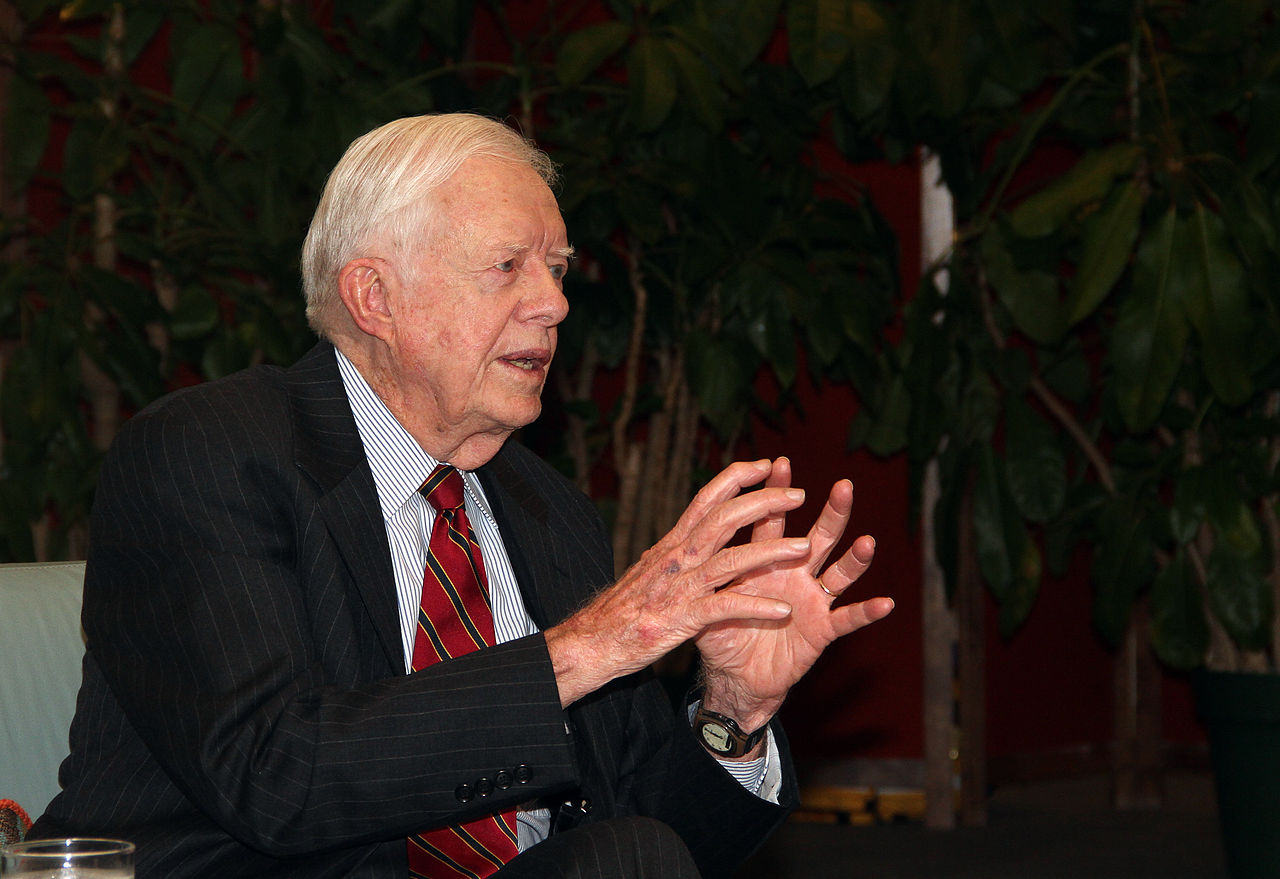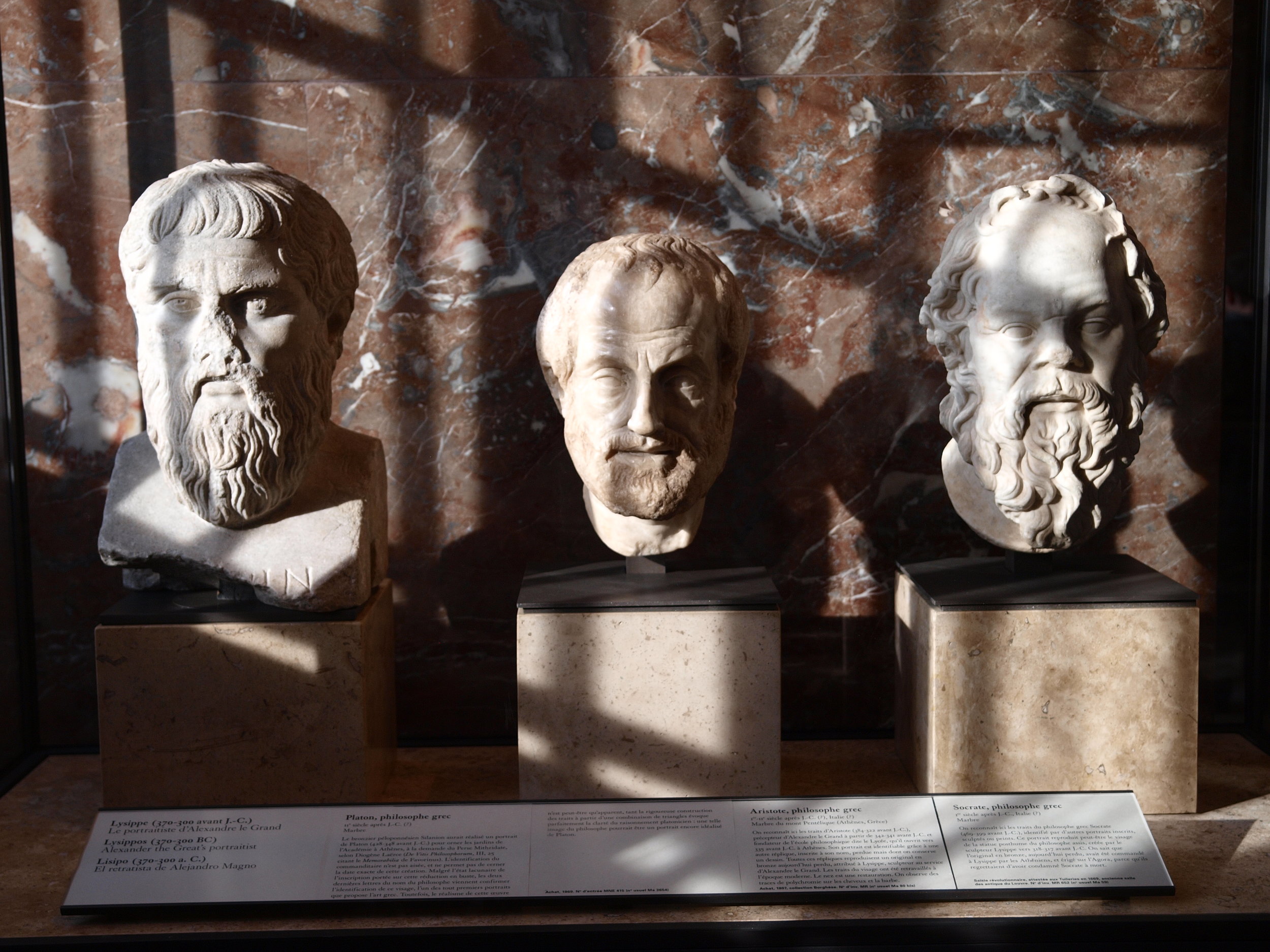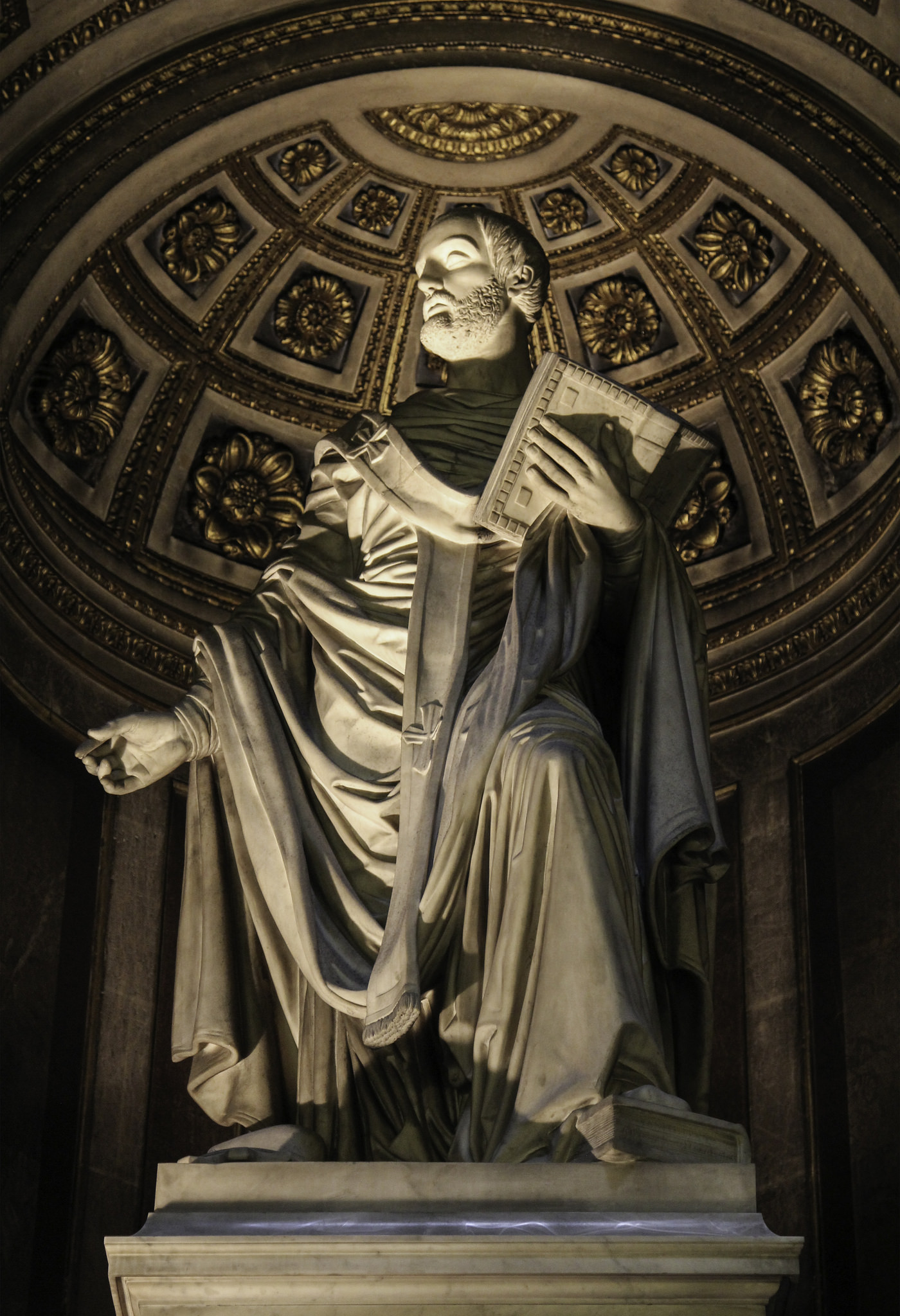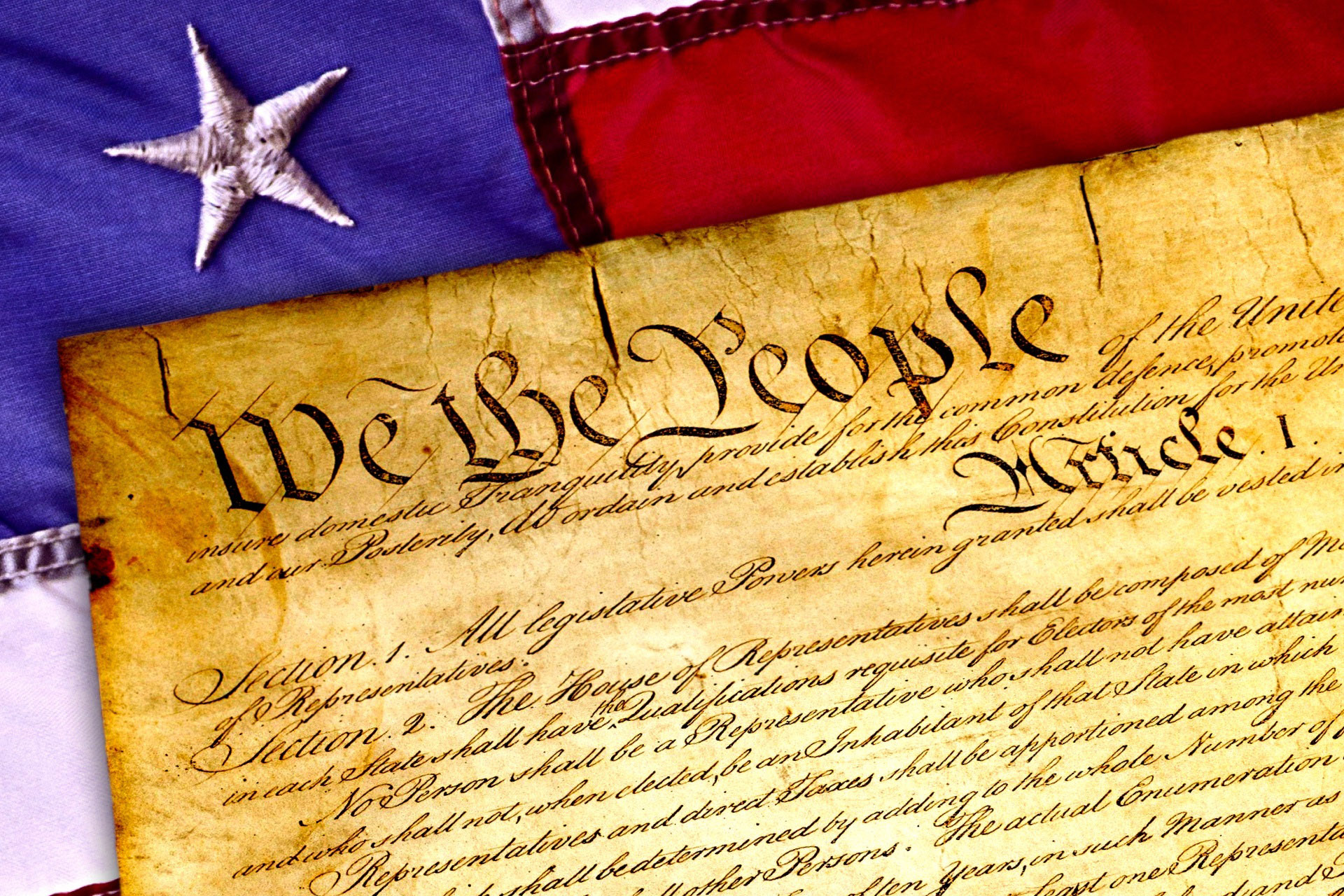Restorative Justice
Approaches, General and Christian
Introduction
These resources explore the opportunity of restorative justice in criminal justice, compared with retributive justice. We pay special attention to how God’s creation order and God’s vision for relationships between human beings impacts the field of criminal justice. To see the bigger picture of how Christian restorative justice is biblically rooted, has been evidenced throughout church history, and applies to many areas of human relationships and life, see Christian Restorative Justice and God’s Creation Order.
Start Here
Messages and Resources on Christian Restorative Justice and Criminal Justice Reform
Slides of a presentation given to the 2022 Reconstruction class. The introduction features John Winthrop vs. Roger Williams to highlight the debate over freedom of religious Conscience vs. Christendom. The presentation highlights Christian accomplishments in health and hospitals, education and schools, land ownership and economic justice, and criminal justice reform.
A series of blog posts where we explore how Christian (mostly Protestant) heresies started and continue to influence our modern political and racial challenges. This includes the very notion of race itself, and how our modern economics, housing, schooling, and policing systems have been shaped by the view that God’s justice is karmic-retributive, not restorative. Christians must take responsibility for these heresies in the framework of repentance. We have designed a study guide to accompany the blog posts. Please consider using it for personal reflection or discussion in your family, church, organization, etc.
A nine week study and action guide for small groups to discuss, compare belief systems, and consider advocacy and action steps. Gilliard identifies five pipelines to prison, contributing to mass incarceration: drug policy, immigration, lack of mental health, the school-to-prison pipeline, and private prisons. Gilliard holds up restorative justice to contrast with retributive justice, and says the Church must act restoratively because God in Christ acts restoratively.
A seven week guide for groups to discuss, compare belief systems, and consider advocacy and action steps. Constitutional law professor Michelle Alexander examines the war on drugs as a political tool, and how it eroded the Fourth, Sixth, Eighth, and Fourteenth Amendment rights of American citizens. Implicit racism has affected the criminal justice system at every level: policing, prosecution, plea bargaining, jury selection, sentencing, and reintegration.
Scapegoating, Justice, and Atonement
The Scapegoating blog post series relates to both the topic of atonement and the topic of desire because, like fallen Adam in the garden, we desire to deflect blame, and therefore we scapegoat others. On the political level, this builds group cohesion and creates a social outsider, who is blamed for the group’s woes, who the group must exile or kill or marginalize in order to maintain a hopeful lie.
This series explores what political scapegoating has looked like in the U.S. The blog posts illustrate what happens when you believe that the highest form of justice is retributive. Penal Substitutionary Atonement theology holds that divine justice is retributive, which is why white evangelical Americans have a unusual ability to scapegoat others. Compare this behavior to what Scripture actually calls Christians towards.
Restorative vs. Retributive Justice and the Implications for Public Life
An article published by the Journal of Urban Ministry, June 2020. Explores real-life examples and the philosophy of restorative justice in the criminal justice sphere. Connects to theology. “Perhaps as we “decolonize” our theology today, we might constructively restore major pieces of Christian thought, practice, and life. It would be fitting, as we restore the things we have lost as part of our Christian inheritance, if we rediscovered God’s restorative justice as well.”
For a church called Reality San Francisco (Apple Podcasts, May 9, 2016). This is a 68 minute presentation, starting with the four principles of justice (0:00 - 34:30), then moving on to applying restorative justice to the current issues of systemic racism in the U.S. criminal justice system and mass incarceration of non-violent drug offenders (34:30 - 1:09:00). See the slides. For a shorter version of the presentation, which was given on other occasions, see slides, shorter version; unfortunately no audio or visual recordings are available of the shorter version.
Sangwon Yang and Mako Nagasawa, The Illusion of Meritocracy in Policing, Part 1
The Anastasis Center blog, Dec 3, 2018. Explores concrete incidents of police abusing power or covering up criminal acts.
Sangwon Yang and Mako Nagasawa, The Illusion of Meritocracy in Policing, Part 2
The Anastasis Center blog, Jan 7, 2019. Explores how the “War on Drugs” contributed to the racially biased mass incarceration problem.
Sangwon Yang and Mako Nagasawa, The Illusion of Meritocracy in Policing, Part 3
The Anastasis Center blog, Jan 22, 2019. Explores the violent crime rate from the 1950’s - 1990’s, how the black community was unfairly perceived, and why restorative justice could have led to different public and community outcomes.
-
The resources below are other practical guides for personal and policy actions.
Defund the Police? An Abolition Curriculum. Mennonite USA. This is an excellent, 9 week curriculum for use by churches, small groups, etc.
Hagar's Sisters (website) about ending the cycle of domestic abuse
-
The resources in this section focus on the U.S.criminal justice system. For more on the biblical and theological basis for understanding God’s justice as restorative, not retributive, see Christian Restorative Justice and God’s Creation Order.
Timothy Gorringe, God's Just Vengeance: Crime, Violence and the Rhetoric of Salvation. Cambridge University Press | Amazon page, 1996. A thorough account of the role Calvinist theology played in producing a God of retributive justice - and retributive sentencing – wherever it went. A minority of Calvin scholars argue that Calvin's Institutes can be read as not supporting retributive justice. While I remain skeptical, the tradition is unambiguously retributive. See also Wayne Northey, Book Review of God's Just Vengeance (Academia.edu)
Duncan B. Forrester, Christian Justice and Public Policy. Cambridge University Press | Amazon page, Aug 1997. Forrester has a great chapter on criminal justice.
Lisa Barnes Lampman and Michelle D. Shattuck, God and the Victim: Theological Reflections on Evil, Victimization, Justice, and Forgiveness. Eerdmans | Amazon page, Nov 17, 1999.
Wayne Northey, Presentation on Spirituality of Penal Abolition. ICOPA IX, May 2000. A paper on Academia.edu, contains a concise summary of Christian history.
T. Richard Snyder, The Protestant Ethic and the Spirit of Punishment. Eerdmans | Amazon page, Nov 29, 2000. How and why Protestant approaches to criminal justice are so retributive.
Christopher D. Marshall, Beyond Retribution: A New Testament Vision for Justice, Crime, and Punishment. Eerdmans | Amazon page, 2001. A must read on both theology and ethics.
Walter Wink, The Human Being: Jesus and the Enigma of the Son of the Man. Augsburg Books | Amazon page, Nov 1, 2001.
Paul Zehr, The Little Book of Restorative Justice. Good Books | Amazon page, Dec 2002.
Chip Berlet, Calvinism, Capitalism, Conversion, and Incarceration. Political Research Associates, Nov 6, 2004.
Paul Zehr, Changing Lenses: A New Focus for Crime and Justice. Christian Peace Shelf. Herald Press | Amazon page, Jan 2005.
Pierre Allard, Rediscovering Restorative Justice Within Christianity. True City Conference, 2005.
Rupert Ross, Returning To the Teachings: Exploring Aboriginal Justice. Penguin Canada | Amazon page, Feb 28, 2006.
Rob Moll, Rx for Recidivism. Christianity Today, Nov 21, 2006.
J. Kameron Carter, Race: A Theological Account. Oxford University Press | Amazon page, 2008. A sobering account of how Western Christians developed the blood theory of race, taking biblical Israel as a "race" when in reality it was a multi-ethnic faith community. Suspicions that Spanish Jews did not actually convert to Christian faith led to the blood theory of Jewishness. Since racial typology was used to make sweeping generalizations about intelligence, deceptiveness, and criminality, often abusing the biblical concept of the “mark of Cain” or the “curse of Ham,” this is important for Christians to own.
James Samuel Logan, Good Punishment?: Christian Moral Practice and U.S. Imprisonment. Eerdmans | Amazon page, 2008. A must read on both theology and ethics.
Emmanuel Katongole & Chris Rice, Reconciling All Things. InterVarsity Press | Amazon page, Nov 2008.
Ted Grimsrud, Biblical Bases for Restorative Justice. Peace Theology blog, Dec 1, 2008. Grimsrud is a Mennonite professor. Very concise, helpful article.
Winnifred Fallers Sullivan, Prison Religion: Faith-Based Reform and the Constitution. Princeton University Press | Amazon page, 2009.
Willie James Jennings, The Christian Imagination: Theology and the Origins of Race. Yale University Press | Amazon page, 2010. A brilliant storytelling of key encounters between Western Christians and African and Native American people; colonialism and race. with natural science. went together where skin pigmentation was used to assess a person’s level of intelligence, morality, spiritual sensitivity, and civilization.
Michelle Alexander, The New Jim Crow: Mass Incarceration in the Age of Colorblindness. The New Press | Amazon page, 2010. See also Youtube audiobook. Bestselling diagnosis of how constitutional protections and early Supreme Court precedents have evaporated because of the War on Drugs. See also Greg Thomas, Why Some People Like the New Jim Crow So Much. I Mix What I Like blog, Apr 26, 2012. Thomas gives a Malcolm X style criticism of Alexander's TNJC which is more expansive than her constitutional law argument about procedural justice. While this is not an explicitly Christian book, two things make this worth categorizing in the Christian restorative justice category. First, Alexander draws on the constitutional law, which has roots in the Judeo-Christian tradition mediated through English Christianity. Second, Alexander herself went on a spiritual journey, personally and professionally, leaving her job at Ohio State and becoming a scholar at Union Theological Seminary, to study the role of faith and church in seeking justice.
Stephen Pope, Restorative Justice as a Prophetic Path to Peace. CTSA Proceedings, 2010.
Emmanuel Katongole, The Sacrifice of Africa: A Political Theology for Africa. Eerdmans | Amazon page, Dec 2010. Katongole evaluates how various Christian theologies and movements have or have not contributed to the well-being of African people, institutions, and nations. Nation-states, as successors to colonial states, must be confronted for their corruption and lack of democracy.
Rick Sarre and Janette Young, Christian Approaches to the Restorative Justice Movement: Observations on Scripture and Praxis. Contemporary Justice Review: Issues in Criminal, Social, and Restorative Justice, Jul 12, 2011.
Darrin W. Snyder-Belousek, Atonement, Justice, and Peace: The Message of the Cross and the Mission of the Church. Eerdmans | Amazon page, Dec 29, 2011. This is a remarkable book for its head-on criticism of penal substitutionary atonement and the theory of divine retributive justice. Snyder-Belousek is strong on exegesis, and argues persuasively for divine restorative justice, although it is not as clear as I would like about Scripture as a whole, and also theology in early church history. This book review by Stephen D. Morrison is helpful.
William J. Stuntz, The Collapse of American Criminal Justice. Harvard University Press | Amazon page, Aug 31, 2011. Stuntz examines the criminal justice system in broader perspective: different budgetary and funding incentives for law enforcement agencies; the role of the prosecutor; pivotal Supreme Court cases that made racial discrimination acceptable; etc. Bill Stuntz was a Christian. See Douglas Martin, W.J. Stuntz, Who Stimulated Legal Minds, Dies at 52. NY Times, Mar 20, 2011. See also Michael Klarman, The Political Heart of Criminal Procedure: Essays On Themes Of William J. Stuntz. Cambridge University Press | Amazon page, 2012.
Christopher D. Marshall, Divine Justice as Restorative Justice. Center for Christian Ethics, 2012.
Christopher D. Marshall, Compassionate Justice: An Interdisciplinary Dialogue with Two Gospel Parables on Law, Crime, and Restorative Justice. Wipf and Stock Publishers | Amazon page, Aug 1, 2012.
Morgan Guyton, The Two Christianities of Les Miserables. Huffington Post, Jan 3, 2013.
George Walters-Sleyon, Studies on Religion and Recidivism: Roxbury, Dorchester, and Mattapan. Trotter Review, Jul 21, 2013.
Benjamin L. Corey, Justice Broken: How a Poor Theology of the Cross Created America's Broken Justice System. Patheos blog, Jan 27, 2014.
Mark Oppenheimer, An Argument to Turn to Jesus Before Turning to the Bar. NY Times, Feb 28, 2014.
Glenn Miles and Christa Foster Crawford, Stopping the Traffick: A Christian Response to Sexual Exploitation and Trafficking. Wipf and Stock Publishers | Amazon page, May 12, 2014.
Alan Noble, Sin’s Part in the System. and Vice Versa. : Thoughts on Voddie Baucham’s “Thoughts on Ferguson”. Christ & Pop Culture, Nov 28, 2014.
Thabiti Anyabwile, Spotting "Gospel Escapism" in Evangelical Circles. The Gospel Coalition, Dec 1, 2014.
Father Stephen Freeman, Going to Hell With the Terrorists and Torturers. AncientFaith blog, Dec 12, 2014.
Bryan Stephenson, Just Mercy: A Story of Justice and Redemption. One World | Amazon page, 2014. Stephenson, an African American Christian, founded the Equal Justice Initiative to advocate for wrongly sentenced and imprisoned people.
Naomi Murakawa, The First Civil Right: How Liberals Built Prison America. Oxford University Press | Amazon page, 2014.
Kelly Thomas, Religion's Fight for Criminal Justice. The American Conservative, Apr 1, 2015.
Kaia Stern, Voices from American Prisons. Routledge | Amazon page, Jun 10, 2015.
Ted Grimsrud, Healing Justice. Peace Theology, Jun 28, 2015.
Jesse Carey, A Christian Case for Ending the War on Drugs. Relevant Magazine, Nov 3, 2015.
Fred R. Conrad, Gadsden Finds God. NY Times, Feb 20, 2016. on collaboration between church and correctional system.
Jeff Rosen, Germany: Low Crime, Clean Prisons, Lessons for America. TEDxMountainViewHighSchool, Jan 30, 2017. Outstanding comparisons between the actual prisons and the philosophies behind them. Germany’s legal and criminal justice system is noteworthy because of the Christian influence present in its post-WWII Constitution, beginning with its strong affirmation of human dignity as inviolate.
Christa Foster Crawford and Glenn Miles, Finding Our Way Through the Traffick: Navigating the Complexities of a Christian Response to Sexual Exploitation and Trafficking. Wipf and Stock Publishers | Amazon page, May 1, 2017.
Harvard Divinity School Conference on Christianity, Race, and Mass Incarceration. Harvard Divinity School, Oct 19 - 20, 2017.
J. George Walters-Sleyon, Locked Up and Locked Down: Multitude Lingers in Limbo. Lulu book, Oct 2017. “It traces the development and consequences of the retributive justice system through the argument of George Hegel that “once a criminal always a criminal.” In contrast, the author draws on the works of Pope John Paul II, St. Augustine of Hippo, and W. E. B. Du Bois to make a case for the recognition of a “second chance” and respect for human dignity in the US criminal justice system. Locked Up and Locked Down is a solution-based analysis of the disproportionate rates of incarceration of especially Black and Hispanic men, women, and youths. It is both descriptive and prescriptive. The goal is criminal justice reform that is holistic, smart, and restorative. As an appeal, it calls upon religious institutions in the United States including the Black Church to intervene.”
Dominique DuBois Gilliard, Rethinking Incarceration: Advocating for Justice That Restores. InterVarsity Press | Amazon page, Feb 6, 2018. Gilliard finds not one, but five, pipelines to prison. Points out that America's highly retributive culture and institutions are influenced by penal substitutionary atonement, which supposes a highly retributive, not restorative, God.
Alexandria Ocasio-Cortez, Catholic Faith and the Urgency of Criminal Justice Reform. America: The Jesuit Review, Jun 27, 2018.
Vinson Cunningham, How the Idea of Hell Has Shaped the Way We Think. New Yorker Magazine, Jan 21, 2019. is a helpful cultural commentary
Rachel L. Swarns, The Seminary Flourished on Slave Labor. Now It’s Planning to Pay Reparations. NY Times, Sep 12, 2019. re: Virginia Theological Seminary
Wayne Northey, Restorative Justice: Peacemaking Not War-Making. Brad Jersak, Oct 6, 2020. A 50 minute video highlighting the contrast between Western criminal justice as retributive pain-delivery and the inclusive, restorative, community justice that more effectively serves offenders, those they've harmed and the communities in which they live.
Christine Amanpour and Michel Martin, Former BBC Reporter Pays Reparations, Confronts Her Family’s Slave Owning Past. Amanpour and Company, Apr 20, 2023. “Nearly two centuries after abolition of the slave trade, reparations for its descendants are long overdue. In a historic move, former BBC journalist Laura Trevelyan and her family recently made public apology for their ancestral ownership of more than 1,000 slaves on the Caribbean island of Grenada. Trevelyan, now a full-time advocate for reparative justice, has offered a £100,000 donation. Most recently, she has requested apologies from Britain’s King Charles and the British Government for their past ties to slavery.”
Benjamin M. Smith, Justice and Justification. Dissertation. Quest for One blog, 2023. Abstract: “Justification is said to be the article by which the church stands or falls, but Western ideas of justice differ significantly from those expressed in scripture and in the earliest fathers. This paper will trace the twin ideas of justice and justification from the concepts and language of the Greek Old Testament to quotations and usage of such language in the New Testament and the Greek Fathers. It will then contrast these with the ideas of the Latin Fathers, showing a distinct change in doctrine with the shift to Latin. Modern non-Western traditions, such as Orthodoxy, have views more closely aligned with the Greek Fathers. This reveals that language and cultural barriers created a doctrinal difference that persists to the present day. I conclude that Western conceptions of justice and justification are cultural artifacts that inhibit advancing the gospel in a post-modern world and divide the church.” Smith covers the Old Testament, the New Testament, and the Early Church.
Will Gordh and Adrienne Larkin, They Regret Voting for Trump... Now What? Talking Politics with Mom, Aug 7, 2025. This 70 minute video is about politics/voting and not criminal justice, and for the secular audience and not the Christian audience. Nevertheless, given all the harm the Trump regime is causing, it is important for the anti-Trump coalition to basically adopt a restorative justice posture towards Trump regretters. We need to call for partnership while expressing the seriousness of taking accountability.
-
International Institute for Restorative Practices (website).
Why Me? Transforming Lives Through Restorative Justice (website). See especially Marlee’s Story regarding rape. “Why me? are a national charity delivering and promoting Restorative Justice for everyone affected by crime and conflict. Many victims of crime feel sidelined by the criminal justice process. Restorative Justice gives them the chance to ask questions about the incident, explain the impact that it had on them, and have a say in how the harm can be repaired. This restorative dialogue transforms lives by helping people affected by crime to recover, and helping people who commit crime to stop.”
Compassion Prison Project (website). “In 2018, Grammy Award-winning film producer Fritzi Horstman read the book “The Body Keeps the Score” by Bessel van der Kolk and her life was changed forever. She had been unaware that her beliefs and behaviors were the result of trauma she had endured as a child… “After reading that book, I realized that my erratic, curt behavior was due to my traumatic childhood and had nothing to do with who I truly am.” From this moment forward Fritzi has been on a healing journey. One month after this realization, Fritzi joined Hustle 2.0 as a volunteer at Kern Valley State prison (KVSP) in California. The moment she stepped into the maximum-security prison in Central California she had the realization: “This isn’t a prison, this is a trauma center.” Hustle 2.0 was scheduled to return to the prison several months later but Fritzi felt it was her duty and responsibility to do more, sooner.”
Marianne O. Nielsen, James W. Zion, editors, Navajo Nation Peacemaking: Living Traditional Justice. University of Arizona Press | Amazon page, Sep 2005.
Lawrence W. Sherman and Heather Strang, Restorative Justice: The Evidence. The Smith Institute, 2007. A study from the UK, from Restorative Justice Council in the UK.
Carina Patritti, Restoring Human Trafficking Victims Through Victim-Offender Dialogue. Cardozo Journal of Conflict Resolution, linked through Centre for Justice and Reconciliation, Jan 6, 2014.
Claire Feikert-Ahalt, Terror, Trial, and Justice in Norway. Law Librarians of Congress blog, Sep 26, 2011.
Prison Culture, Transformative Justice. US Prison Culture, Mar 12, 2012. which is a community accountability model
Max Fisher, A Different Justice: Why Anders Brievik Only Got 21 Years for Killing 77 People. The Atlantic, Aug 24, 2012.
Paul Tullis, Can Forgiveness Play a Role in Criminal Justice? NY Times, Jan 6, 2013, the case of Conor McBride and Ann Grosmaire.
Erwin James, The Norwegian Prison Where Inmates Are Treated Like People. The Guardian UK, Feb 24, 2013.
Daniel Reisel, The Neuroscience of Restorative Justice. TED talk, Feb 2013.
Elizabeth Gudrais, The Prison Problem. Harvard Magazine, Mar-Apr 2013.
Travis Gettys, Private Prisons Demand States Maintain Maximum Capacity or Pay Fees. Raw Story, Sep 20, 2013.
Pastor Michael McBride, Seeking Redemption: Private Prisons, Gov. Jerry Brown, and All of Us. Huffington Post, Sep 27, 2013.
Johnathan Kana, How Scandanavian Prisons Model a Redemptive Sense of Punishment. Think Christian blog, Oct 8, 2013.
Richard Orange, Sweden Closes Four Prisons as Number of Inmates Plummets. The Guardian, Nov 11, 2013.
Rebecca Savastio, KKK Member Walks up to Black Musician in Bar - But It’s Not a Joke, and What Happens Next Will Astound You. Las Vegas Guardian Express, Nov 20, 2013.
Tim Grocott et al., Restoring Hope: Maori Restorative Justice. NZ On Screen, 2013. The Maori are indigenous New Zealanders.
Jack Cloherty and Pierre Thomas, Teens as Young as 13 Rescued from Super Bowl Sex Trafficking. ABC News, Feb 4, 2014.
Shane Bauer, How Conservatives Learned to Love Prison Reform. Mother Jones, March/April 2014.
Marquette University Law School, Restorative Justice and Human Trafficking - From Wisconsin to the World. Marquette University Law School conference, Mar 20, 2015.
Jessica Benko, The Radical Humaneness of Norway's Halden Prison. NY Times, Mar 26, 2015.
Carlos Correa, Youth Offenders Get a Second Chance Through City Heights Program. San Diego 6, Aug 20, 2015.
Bettie Kirkland and Irwin Venick, Addressing 'The New Jim Crow' in Nashville Critical. The Tennessean, Sep 28, 2015.
Maggie Koerth-Baker, There's a Reliable Therapy for Sex Offenders -- But Nobody Wants Them to Get It. Gizmodo, Oct 1, 2015.
David Gonzalez, In Fight to Save Young People, Brooklyn Doctor Treats Violence as a Public Health Issue. NY Times, Nov 1, 2015.
Dina Kraft, At Mass. Prison, Inmates And Victims Get A Chance At Dialogue. WBUR, Feb 16, 2016.
Laura Mirsky, Building and Sustaining a Restorative City in Detroit, MI. International Institute for Restorative Practices, May 26, 2016.
Meghan Racklin, Why Mandatory Minimum Sentencing For Sexual Assault Isn’t The Answer. The Establishment, Jul 21, 2016.
Adam Wisnieski, Offender Meets Victim: A ‘Survivor-Centered’ Approach to Violent Crime. The Crime Report, Apr 12, 2017.
Boston Public Radio Staff, Former Suffolk Country Sheriff Andrea Cabral on Restorative Justice. WGBH, May 18, 2017. Regarding the old practice of being put in stocks in the marketplace being an aspect of restorative justice; also victims being self-centered and needing to understand how others might have been victimized if crimes are committed randomly.
Lilly Yu, Jeanette Hussemann, Hanna Love, Evelyn McCoy, and Colleen Owens, Alternative Forms of Justice for Human Trafficking Survivors Considering Procedural, Restorative, and Transitional Justice. Urban Institute, Mar 2018.
Christine Hauser, Teenage Vandals Were Sentenced to Read Books. Here’s What One Learned. NY Times, Apr 5, 2018.
Ed Mazza, Instant Justice In A Traffic Jam Is The Most Satisfying Thing You’ll See Today. Huffington Post, Apr 18, 2018. a video that shows how satisfying it is to see retributive justice in action
Julena Jumbe Gabagambi, A Comparative Analysis of Restorative Justice Practices in Africa. NYU Law, Oct 2018. On Rwanda, South Africa, Kenya, Uganda, Nigeria, Ghana
CNN, He Tweeted Hate at Her. She Sued. Then She Met Him. CNN, Sep 21, 2019. “A torrent of hate hit Taylor Dumpson after she became the first black female student body president at American University. She fought back with litigation. And then she agreed to accept an apology from one of her tormentors.” This was part of a restorative justice settlement.
Cathleen O’Grady, Restorative Justice Could Dramatically Cut Domestic Violence Recidivism. ARS Technica, Sep 25, 2019. “How can domestic violence be reduced? Offenders are often sentenced to treatment that tries to prevent reoffending, but rates of recidivism are still high. A new approach drawing on what's called "restorative justice" could help to reduce the rate of future offenses, according to a paper in Nature Human Behaviour published this week.”
Olúfẹ́mi Táíwò, Opinion: The Best Way to Respond to Our History of Racism? A Truth and Reconciliation Commission. Washington Post, Jun 30, 2020. On the South African Truth and Reconciliation Commission.
Yuvraj Joshi, Does Transitional Justice Belong in the United States?. Just Security, Jul 13, 2020. “In the pre-Trump world, the Obama Administration endorsed economic reparations, truth commissions, and memorial building for countries transitioning out of repressive regimes. Promoting these processes was “a core moral responsibility of the United States,” it said. When a New York Times columnist asked whether the United States is such a country in transition, an Obama State Department spokesperson replied: “I won’t have anything further for you.” This uncomfortable silence reflects a broader trend within the field of transitional justice, which addresses how societies can deal with conflictual histories. For decades, U.S.-based discussions of transitional justice have gazed outward internationally, while overlooking the legacies of slavery, segregation, and white supremacy at home.” See also Colleen Murphy, Transitional Justice in the United States. Just Security, Jul 16, 2020. “The United States shares with societies like South Africa three features that I argue in my book, “The Conceptual Foundations of Transitional Justice,” give rise to the need to pursue transitional justice. The first such feature is what I call pervasive structural inequality… In the United States today, the racial wealth gap is the same today as it was in 1968, and Black people are contracting the coronavirus and dying from COVID-19 at disproportionately high rates due to structural factors. The second is normalized political wrongdoing… Black Americans have been killed engaging in mundane activities such as jogging, going to a store, or even sleeping, underscore the constant threat of violence at the hands of white private citizens or the police. The third is serious existential uncertainty… We collectively do not know if the structural reform and accountability for perpetrators of violence against Black Americans being demanded will be achieved.”
Eli Hagar, ‘They Got Her This Time, Son’ — The Limits of Restorative Justice. The Atlantic, Jul 21, 2020. “Mike Liles left that voicemail after finding his wife and the mother of his five children dead on the kitchen floor—attacked in the couple’s home for the second time in two decades. Still, the family opted for restorative justice over the death penalty for the killer. What happened next made them question the very meaning of justice.”
Adriaan Lanni, Taking Restorative Justice Seriously. Buffalo Law Review, Volume 69, Number 3, May 2021. Lanni teaches at Harvard Law School.
Christine Hauser, Right-Wing Operatives Plead Guilty in Voter-Suppression Scheme. New York Times, Oct 25, 2022. “Jacob Wohl and Jack Burkman arranged thousands of robocalls that prosecutors said were intended to discourage residents of minority neighborhoods from voting by mail in 2020.” An example of restorative justice in consequence: “In 2020, a federal judge in New York ordered the two men to call 85,000 voters who had received robocalls and inform them that the original call “contained false information.””
Amanda Mohdin, UN Report Urges Countries to Consider Financial Reparations for Transatlantic Slavery. The Guardian, Sep 19, 2023.
Christian Restorative Justice and Criminal Justice: Topics:
Related pages include: Race and Criminal Justice for how racism has impacted criminal justice historically in the U.S.; Race and Slavery for an examination of the Trans-Atlantic Slave Trade; Sex Industry for attempts at legalizing aspects of the sex trade.



